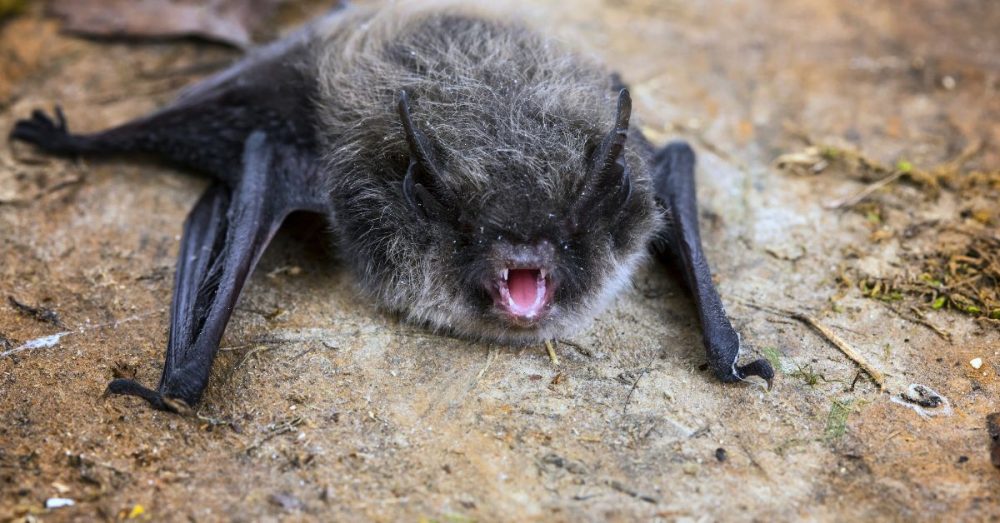A bat found in the City of Plano has tested positive for rabies.
According to a September 13 press release, the “bat was picked up on September 11 in the 1700 block of Throwbridge Lane. While there was no known contact with people or pets, the bat was sent off for testing due to concerns about its health.”
The Plano Animal Shelter typically only tests wild animals that have had contact with a person or pet and belong to one of the five high-risk non-domestic species: bats, foxes, skunks, coyotes, and raccoons.
Jamie Cantrell, Director of Animal Services for the City of Plano, noted that the bat was discovered on the floor, showing signs of distress and “screaming” in pain, reported The Dallas Morning News.
While rare, it is still possible to contract rabies, and it is important to be aware of the serious implications associated with the disease.
“The reason why we have such strict laws when it comes to rabies is because once you have symptoms of rabies, there’s not really anything they could do to treat you,” Cantrell added, per DMN. “You pretty much are going to die … it’s as close to a 100% fatal disease as you can get.”
As the virus infects the central nervous system and clinical symptoms appear, “rabies is fatal in 100% of cases,” per the World Health Organization (WHO).
“The first symptoms of rabies, called prodrome, may be like the flu, including weakness, discomfort, fever, or headache. There also may be discomfort, prickling, or an itching sensation at the site of the bite. These symptoms may last for several days,” reported the CDC.
The WHO also reports that “dog bites and scratches cause 99% of the human rabies cases, and can be prevented through dog vaccination and bite prevention.”
The Texas Department of State Health Services states that humans “can be infected with the rabies virus if you are bitten by an animal that has the disease. You can also get rabies if the saliva from a rabid animal contacts your mucous membranes or any open wounds you might have. If you have such contact with a rabid animal, only a series of shots can keep you from getting the disease.”
Due to the severe nature of rabies, in Texas, all dogs and cats must receive a rabies vaccination by the time they reach four months old, which must be given by a licensed veterinarian.
“This positive test emphasizes the importance of keeping all vaccinations up to date, especially rabies, as there’s no way to predict when a pet may encounter a wild animal,” noted Cantrell, per the press release.


